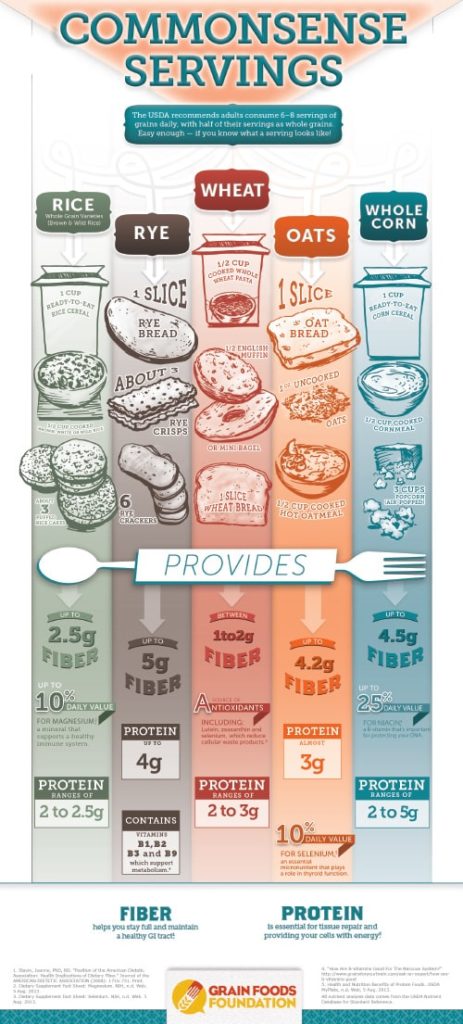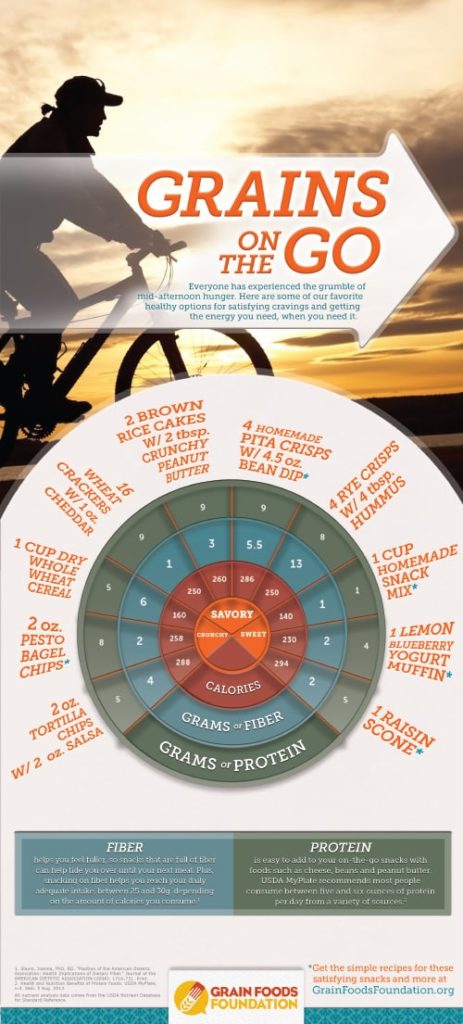One Mom Shares Her Story

When my husband and I decided it was time to start our family, I did my best to ensure a healthy pregnancy long before I became pregnant. I read books and message boards, cut back on unhealthy foods and habits and visited my doctor, who prescribed a prescription prenatal vitamin and healthy diet rich in folic acid, including beans, leafy greens and healthy grains.
Women’s Wellness: Lifelong Brain Health

As a girl grows to become a woman, her nutritional needs keep changing. Her body grows and changes, as does her brain. If she becomes pregnant, and afterward, her nutritional needs undergo enormous shifts. And in menopause, they change yet again. All of these are governed by her hormones and her level of physical activity, and thus affect her brain.
Nutrition and the Developing Brain

The development of the human brain is an amazing process that begins as early as the first six or seven days of life. At this point, the fertilized egg has grown to several thousand cells, morphing into an embryo.
Healthy Body, Healthy Mind – Both Fueled By Carbohydrates

Thomas Jefferson advocated that “a strong body makes a mind strong.” At the time, those words could best be described as an opinion based on experience.
Common Sense Servings

How much is a serving of pasta? Or bread? How can we stick to our daily servings if we don’t know what one looks like? This infographic will help dispel the mystery for good.
Grains On the Go

It’s easy to fit more wholesome grains into your busy lifestyle. Here are our favorite picks for on-the-go munchies to satisfy your cravings.
The Case for Refined Grains in a Balanced Diet
Refined grains plays a role in a healthy diet providing many benefits including B vitamins and folic acid, nutrients which may be lacking in some diets.
Dietary fiber intake and mortality among survivors of myocardial infarction: prospective cohort study
A greater intake of dietary fiber after a heart attack, especially cereal fiber, was inversely associated with all cause mortality. In addition, increasing consumption of fiber from before to after experiencing a heart attack was significantly associated with lower all cause and cardiovascular mortality.
Maternal Dietary Patterns and Preterm Delivery: Results from Large Prospective Cohort Study
Women adhering to a “prudent” dietary pattern during pregnancy were at lower risk of preterm delivery compared with other women. Although these findings cannot establish causality, they support dietary advice to pregnant women to eat a balanced diet including vegetables, fruit, whole grains, and fish and to drink water.
Total dietary fiber intakes in the US population are related to whole grain consumption: Results from the National Health and Nutrition Examination Survey 2009 to 2010
Whole grain foods make a substantial contribution to total dietary fiber intake and should be promoted to meet recommendations.
